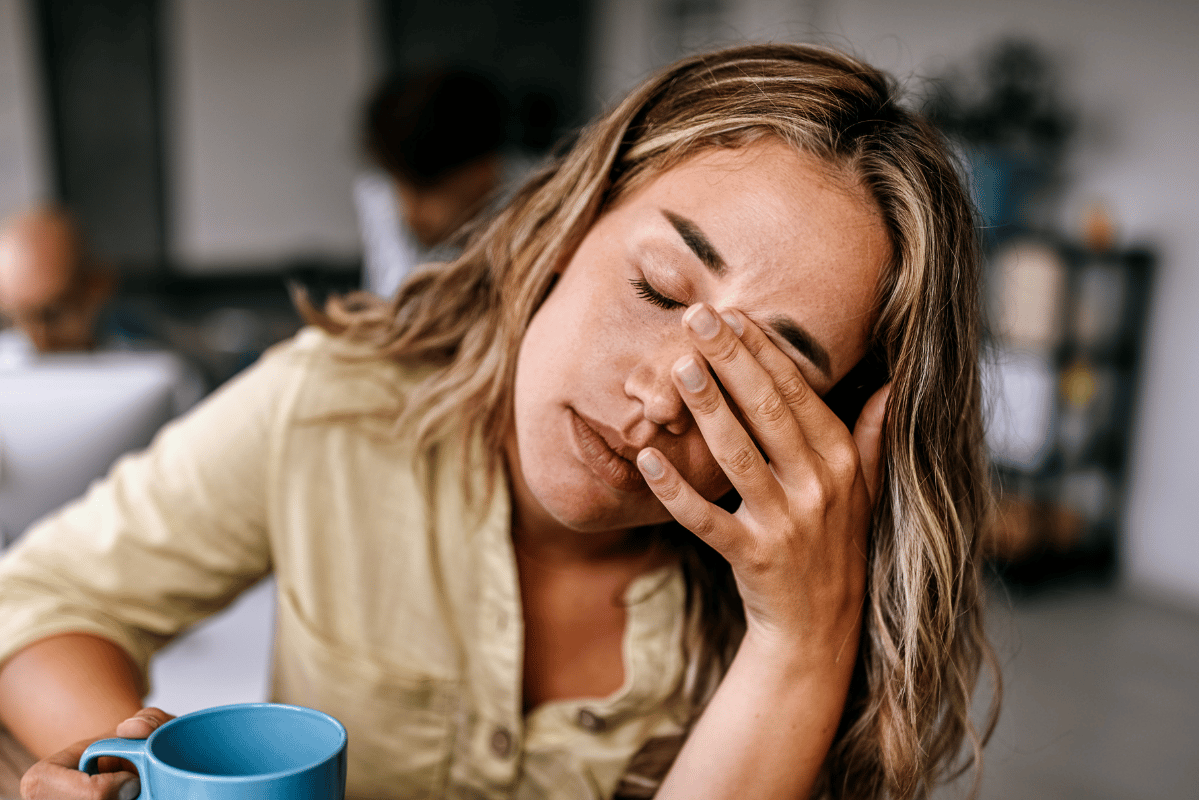

Remember when we all realised we were running ourselves ragged and promptly addressed it? No? Oh, that's because the second part never happened.
Lately, I've been really tired. I know, I KNOW we're all tired — move on, next. But the kind of tired I'm talking about feels persistent, and somehow, it's become my new baseline. I still manage to get everything done, but so often I find myself staring at a screen, sipping a now-room-temp chai and struggling to remember what I actually get paid to do.




























































































